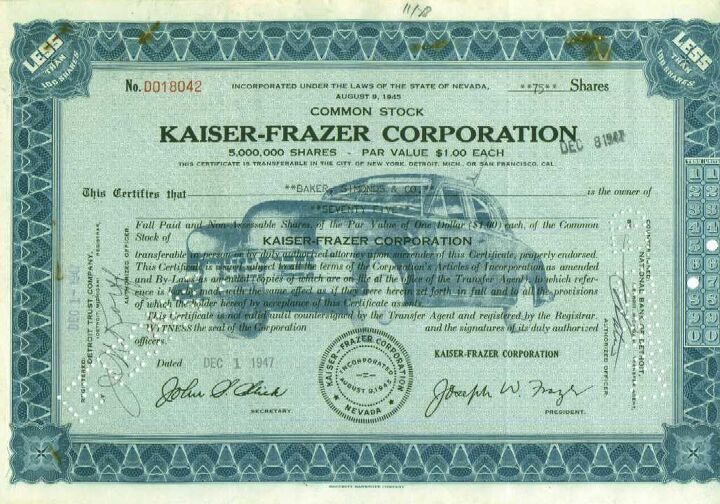#coda
EV Startup Scores $25m, Ford Still Banking With Uncle Sam
According to Detroit lore, Henry Kaiser once loudly threatened to throw one hundred million dollars in 1940s money towards the greater glory of Kaiser Motors, drawing a bemused chuckle from GM Chairman Alfred Sloan who quipped “give the man one chip.” Fast forward to 2009, and Coda Automotive, a firm hoping to sell Californians a $45k EV-ified Hafei Saibao Sedan, just scored $25m in funding reports Earth2Tech. That gives the firm a total of $74m raised so far, although the current round of funding won’t closed for another few months, say spokespeople. The latest money, from Aeris Capital, will be spent on “final safety certification testing,” as well as scaling up battery production. In short, Coda is almost-not-quite all the way to one chip in the car game… but that’s still only good for one roll of the dice. Even the weakest automakers have many multiples of that sum in their Treasury escrow accounts. And even the allegedly “bailout free” automakers get to raise debt with a little help from their government friend, TALF.
Siry Slams DOE Loan Program For "Stifling Innovation"
Former Tesla PR honcho Daryl Siry lays into the Department of Energy’s Advanced Technology Vehicle Manufacturing Loan program (ATVML) at Wired’s Autopia blog, taking the $25b program to task for “stifling innovation.” At its core, his argument is a simple one:
Startup companies that enjoy DOE support, most notably Tesla Motors and Fisker Automotive, have an extraordinary advantage over potential competitors since they have secured access to capital on very cheap terms. The magnitude of this advantage puts the DOE in the role of kingmaker with the power to vault a small startup with no product on the market -– as is the case with Fisker — into a potential global player on the back of government financial support.
As a result, the vibrant and competitive market for ideas chasing venture capital that has been the engine of innovation for decades in the United States is being subordinated to the judgments and political inclinations of a government bureaucracy that has never before wielded such market power.
All of which sounds very TTAC… in fact, our lengthy Bailout Watch series began with a similar analysis of the ATVML program (albeit with a Detroit-focused twist). Unfortunately, Siry’s intentions in this case are questionable… as are his conclusions.

















Recent Comments